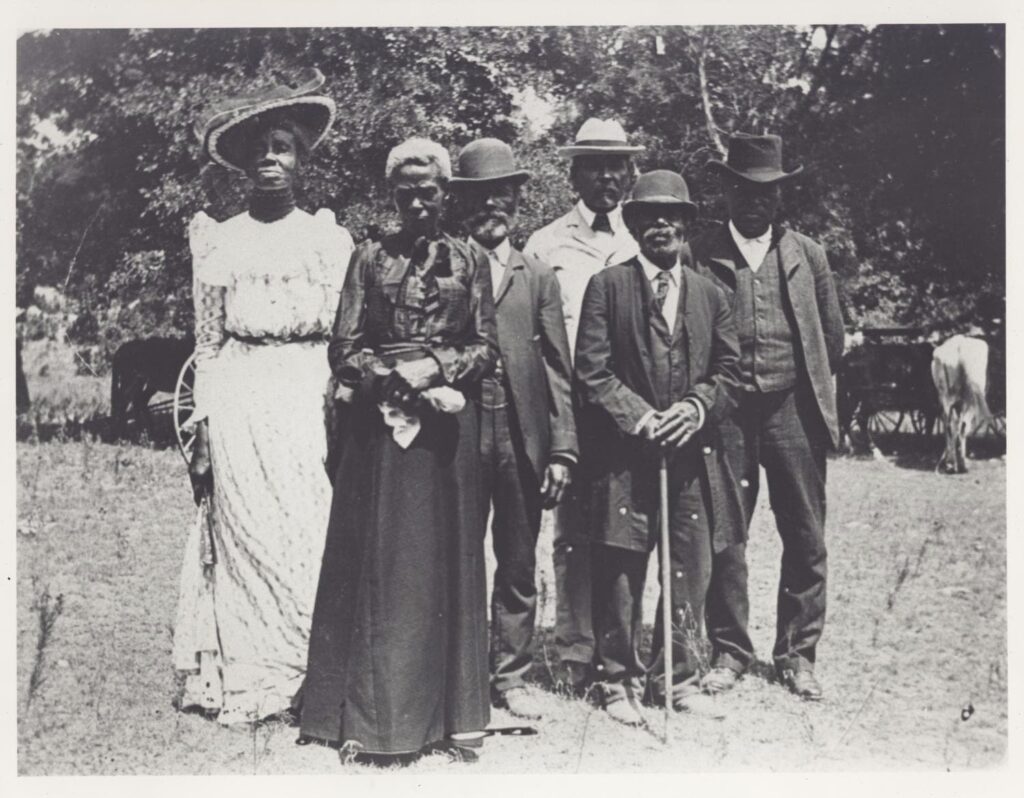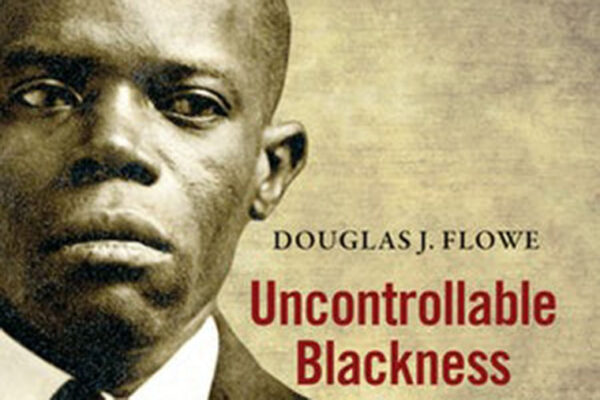Abraham Lincoln issued the Emancipation Proclamation on Jan. 1, 1863. But for many enslaved Americans, freedom was still years away.
Juneteenth, the oldest and most widely celebrated emancipation holiday, commemorates the reading of General Order No. 3 by Union Army Maj. Gen. Gordan Granger on June 19, 1865, in Galveston, Texas — the last state to free the enslaved.
In this video, Douglas Flowe, assistant professor of history in Arts & Sciences at Washington University in St. Louis, discusses the history of Juneteenth and its continued resonance for all Americans.
“It’s meaningful for African Americans that every African American should be free in order for there to be a sense of actual freedom,” Flowe said. “But it’s also true that there are a lot of ways in which we should really understand Juneteenth as something all Americans should celebrate.
“If we truthfully understand that one person’s freedom requires that all be free, this is not simply about African Americans,” Flowe continued. “The emancipation of enslaved Americans is the moment that the entire country actually becomes free, for everyone.
“Juneteenth should be seen as a day that, at least on paper, the country’s collective soul begins to emerge from the darkness,” Flowe added. It’s the day “when precepts of American independence that we usually associate with July 4 begin to be actualized — although with a long road ahead.”

